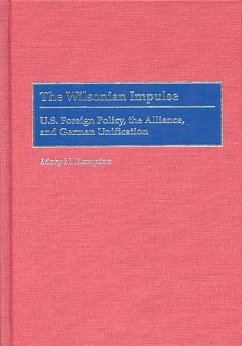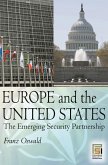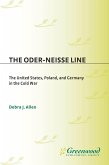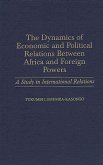Mary Hampton argues that a set of ideas that influenced American policymakers in the postwar era help explain the unique evolution of the Western Alliance and Germany's rapid unification in 1990. These ideas, called the Wilsonian impulse, derived from the historical lessons concerning World War I and the interwar years learned by prominent American policymakers. The most important lesson was that a trans-Atlantic community of nations must be built that included a democratic and equal Germany. West German leaders were persistent in appealing to the Wilsonian impulse to promote their national interests. In particular, Bonn was able to ensure over time Washington's pledge to aid in the peaceful unification of Germany. The success of that policy became evident in 1990. Recent works in international relations theory have explored the impact of ideas on international institutions and on the foreign policymaking process. This study contributes to that literature by examining the role ideas have had on the evolution of Western relations in the postwar era. Hampton focuses on the cluster of ideas she calls the Wilsonian impulse. Derived from the historical lessons drawn from World War I and the interwar years, these distinctly Wilsonian ideas largely constructed the beliefs that American foreign policymakers held about trans-Atlantic relations in the immediate postwar period. Central was the belief that the European balance of power system must be superceded by a Western community of nations wherein a democratic Germany would be included on an equal basis. Hampton examines how the influence of the Wilsonian impulse permitted West German leaders to gain rapid entrance into the Western Alliance on favorable terms. More importantly, the U.S. led the West in sharing responsibility for the eventual unification of Germany as part of the Allied pledge of support for Bonn. The peaceful unification of Germany in 1990 brought to fruition the future envisioned by the Wilsonian impulse. This book will be of interest to scholars and researchers of 20th century American foreign policy and modern German history.
Bitte wählen Sie Ihr Anliegen aus.
Rechnungen
Retourenschein anfordern
Bestellstatus
Storno









